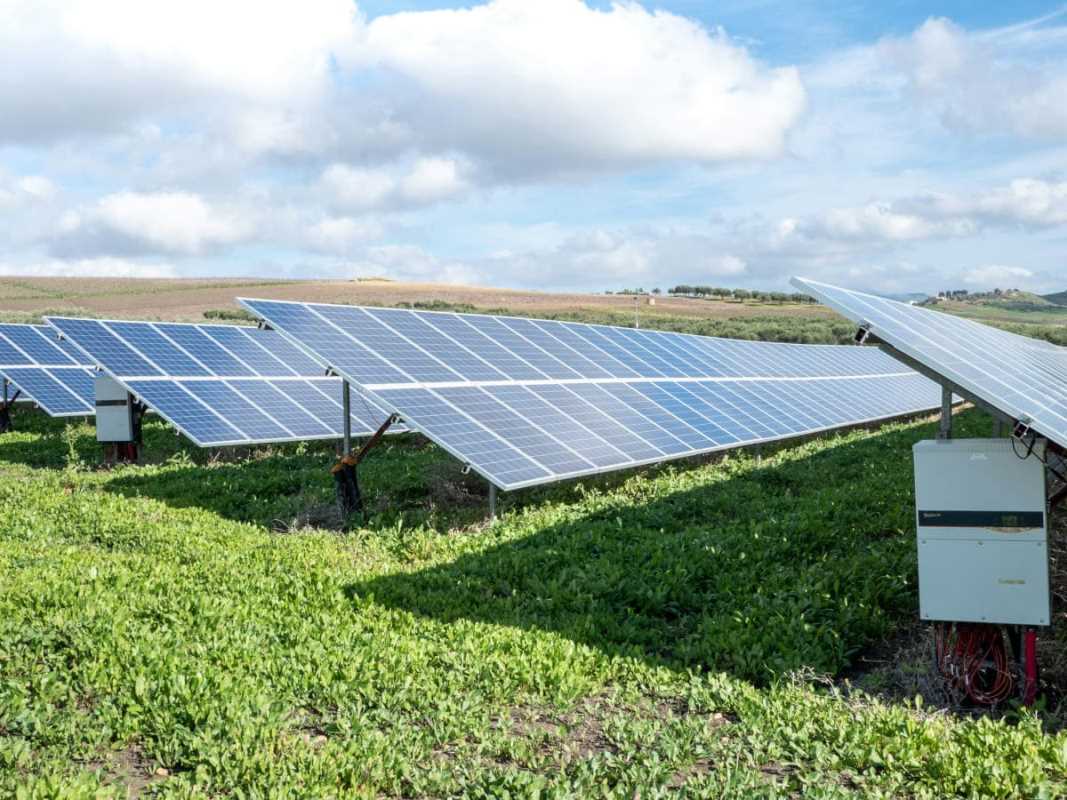The global economy is undergoing a profound transformation as sustainability becomes a guiding principle across industries. With climate change and environmental stewardship taking center stage, green-collar jobs are emerging as key drivers of a sustainable economy. These roles not only help mitigate environmental impact but also foster innovation, economic resilience, and equitable growth. Transitioning to a green-collar workforce is no longer just a personal choice; it’s a societal imperative.
This article explores the rise of green-collar jobs, key industries leading the charge in sustainability, and how individuals can prepare themselves to take advantage of this growing opportunity.
Understanding the Green-Collar Job Revolution
Green-collar jobs are roles that directly contribute to preserving or restoring the environment. These positions often focus on renewable energy, energy efficiency, sustainable agriculture, waste management, and other environmentally conscious initiatives.
Why the shift? Governments and businesses are adopting sustainability goals, including net-zero carbon targets, renewable energy transitions, and commitments to reduce waste and pollution. Traditional sectors may be shrinking, but green industries are growing exponentially, creating new roles for a skilled workforce.
According to the International Labour Organization (ILO), a shift to a greener economy could lead to 24 million jobs globally by 2030, offsetting employment losses in fossil fuel-based sectors.
Key Industries Leading Sustainability Efforts
1. Renewable Energy
Solar, wind, hydro, and geothermal energy are at the core of the green revolution. Industries driving renewable energy expansion are hiring for positions such as solar panel installers, wind turbine technicians, and energy analysts. The International Renewable Energy Agency (IRENA) reports that global employment in renewable energy exceeded 12 million in 2021 and continues to rise.
Real-world example: Denmark, now one of the top producers of wind energy, has created thousands of jobs in wind turbine manufacturing and related industries.
2. Sustainable Agriculture
Sustainable practices are reshaping agriculture that prioritize eco-friendly farming and food production. Careers in this space include roles like organic agriculture specialists, sustainable supply chain managers, and urban farmers.
Vertical farming, hydroponics, and regenerative agriculture are transforming how we produce food. For example, Bowery Farming in the U.S. uses vertical farming techniques to grow fresh produce in urban centers, drastically reducing water use and eliminating the need for soil and pesticides.
3. Green Construction and Infrastructure
The construction industry is adapting to meet sustainability standards through energy-efficient building designs, recycled materials, and renewable energy systems. Roles such as LEED-certified architects, energy auditors, and sustainability consultants are in high demand.
Green construction is central to global efforts to reduce greenhouse gas emissions, as the sector accounts for 39% of energy-related carbon dioxide emissions worldwide.
4. Circular Economy and Waste Management
Innovative waste management strategies like recycling, upcycling, and the circular economy aim to reduce waste and extend the lifecycle of products. This sector requires talent for roles like waste reduction specialists, materials scientists, and product lifecycle analysts.
Big brands like Patagonia have adopted circular economy principles by repairing old clothing, enhancing sustainability, and reducing landfill waste.
Skills and Education Needed for Green-Collar Jobs
Transitioning to a green-collar role requires a mix of technical, analytical, and soft skills. Here’s what aspiring candidates should focus on:
1. Technical Expertise
- Renewable Energy: Certifications in solar PV installation, wind turbine maintenance, or energy auditing are highly valuable.
- Agriculture: Knowledge of crop rotation, organic farming practices, and hydroponic systems is becoming essential.
- Construction: Understanding energy-efficient design and sustainable building materials is critical for this sector.
2. Data and Tech Skills
With technology driving much of the transition, skills in data analysis, Geographic Information Systems (GIS), and automation are key, particularly in roles like energy forecasting or urban planning.
3. Sustainability Policy Knowledge
A solid grasp of environmental policies and global sustainability goals enables individuals to align with industry needs. Courses in environmental science, policy, or corporate responsibility are excellent starting points.
4. Adaptability and Continuous Learning
Green-collar jobs often require you to stay ahead of the curve, keeping pace with advancing technology and updated practices. Continuous professional development in these areas is crucial.
Where to Start
Free and low-cost resources like online courses, certifications, and boot camps can accelerate learning. Platforms such as Coursera, edX, and LinkedIn Learning are great tools for building expertise in green technology and sustainable practices.
Challenges in Transitioning to Green-Collar Jobs
While the growth of green sectors offers promise, challenges remain for individuals and governments.
1. Skill Gaps
Many workers in fossil fuel industries lack the training required for green jobs. Bridging this gap requires government programs, employer commitments, and accessible retraining options.
2. Relocation Barriers
Green job hotspots don’t always align geographically with where job seekers reside, creating logistical and financial hurdles. Remote positions and federal relocation programs could alleviate this problem.
3. Perceived Risks
Some workers fear that jobs in emerging industries may lack stability. Demonstrating long-term career potential and job security will help address these concerns.
Overcoming Challenges
Governments and organizations are already providing solutions to ease this transition. Programs like the European Green Deal in the EU and the Green Jobs Initiative in the U.S. offer financial incentives, skill development opportunities, and roadmaps for sustainable industries.
Local governments are also investing in community-level renewable energy projects, ensuring employment opportunities in underserved regions. Companies are playing their part by partnering with educational institutions to offer apprenticeships and job training programs.
The Long-Term Benefits of Green-Collar Jobs
The transition to green-collar employment has far-reaching positive impacts.
- For Individuals: Green jobs offer competitive salaries, job security, and the satisfaction of contributing to climate solutions.
- For Society: A green workforce enables sustainable economic growth, protects natural resources, and mitigates climate risks.
- For the Planet: These jobs directly address key environmental challenges, reducing carbon emissions and preserving biodiversity.
The shift toward green-collar jobs is essential for building a sustainable economy. It’s an opportunity to align professional aspirations with a noble cause, leveraging your career to make a difference for future generations. With industries like renewable energy, sustainable agriculture, and green construction paving the way, now is the time to develop skills, explore opportunities, and lead the change toward a greener and more prosperous future.
Making this transition might seem daunting, but with the right mindset, education, and support, it’s a move that promises immense personal and societal rewards. Start today, and be part of the workforce that's building a better tomorrow.







